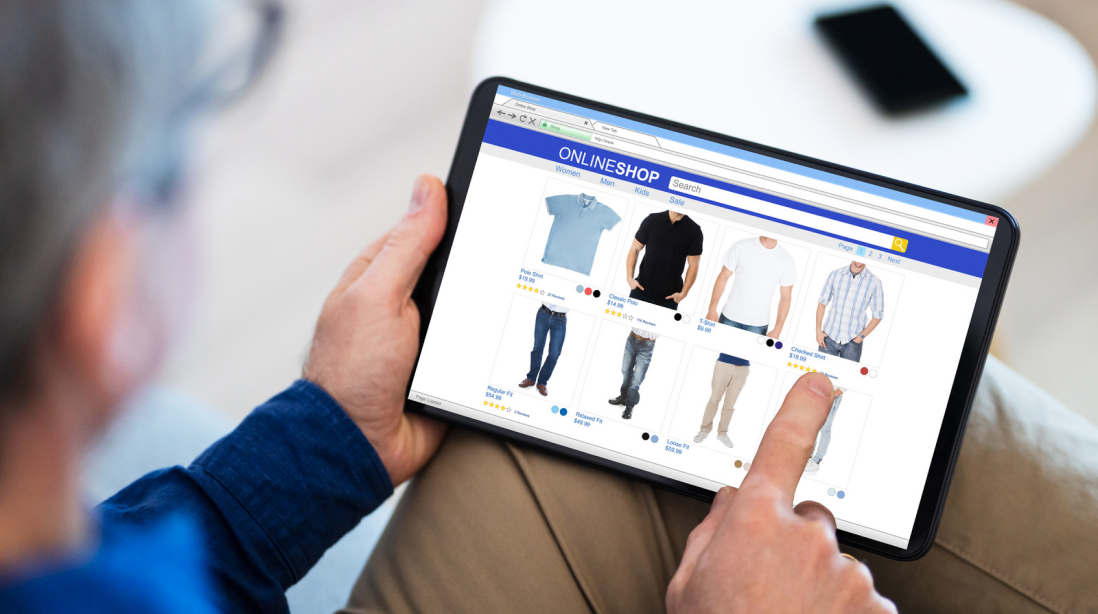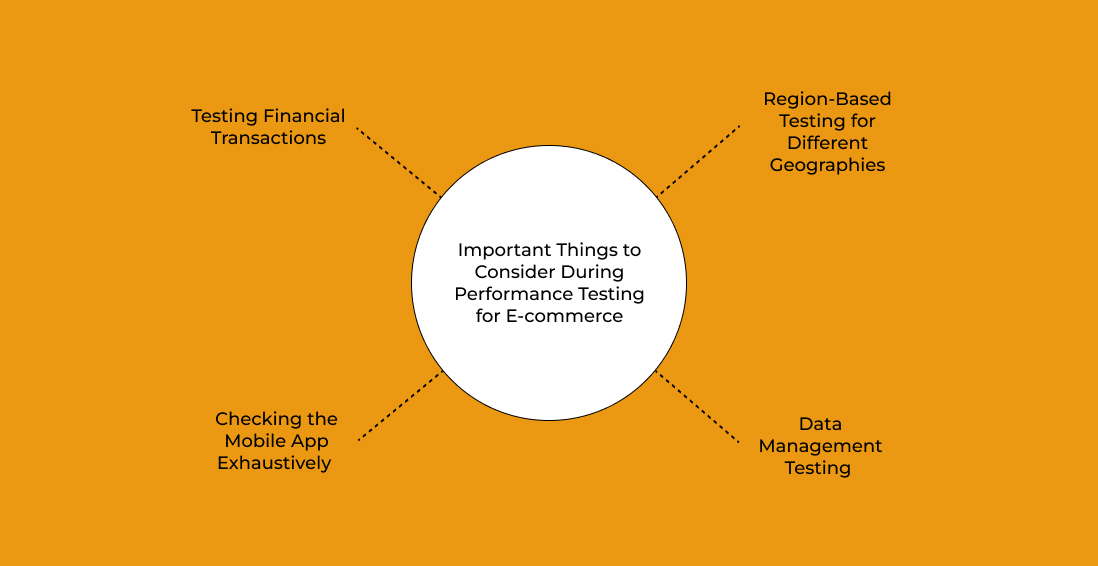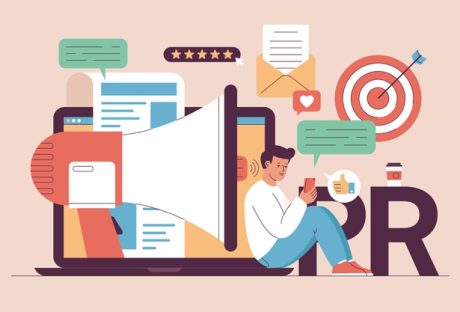In simple words, without sounding too nerdy, let us try to look at what performance testing is.
Performance Testing is the process of rigorously testing all the tech and digital components of an E-commerce business. This includes the desktop version of the platform and mobile app testing. The key is to look at and analyze how the entire tech and digital ecosystem operates. Especially when exposed to real-world use.
Imagine hundreds of people using the E-commerce platform app at the same time. The questions that then arise are-
- Is the server able to handle the heavy load of all the traffic using the mobile app at the same time?
- Is there a lag or breakdown that any of the users are experiencing or is there a UI and UX compromise under stress?
- What are some of the benchmarks and standards that one should use to judge speed and whether the platform is exposing some bottlenecks?
Performance Testing is more than just looking at loading page speeds. It seeks to test each aspect of the E-commerce platform and suggest the perfect optimization for the same.
Important Things To Consider During Performance Testing For E-commerce:
In this section, we request experts at QA Madness to help us. Specifically, to list some important things that should be considered during performance testing.
1. Testing Financial Transactions
One area where things can go wrong is in financial transactions. With so many people using the same platform at the same time, testing becomes necessary. You need to test to ensure that every transaction is going through.
Integrations with Payment Gateways, the ERP, and Inventory Management Software are all areas that should be covered under this software testing services.
2. Checking The Mobile App Exhaustively
Mobile app testing perhaps constitutes one of the most important verticals for Performance Testing. How does the app perform?
Is it SEO friendly?
Is there a compromise in the graphics?
These are the common issues that mobile app testing will help resolve.
In addition to the app, the mobile version of the E-commerce platform’s website also needs to be tested rigorously.
3. Region-Based Testing For Different Geographies-
If you are starting an e-commerce business, you are looking at a truly global audience.
This is why you need to make sure that the internet protocols of the different countries are not interfering with how the customers in those countries are engaging with your platform. Changed domain URLs, IP addresses, and other rules and regulations need to be considered.
4. Data Management Testing
Any successful E-commerce ecosystem is incomplete without integrated data management. For an E-commerce platform, data is the lifeblood that helps all its verticals- marketing, sales, and CRM.
Performance Testing needs to ensure that the data collection, cloud storage solutions, and the final outputs are ready for systematic generation.
The Three KPIs Of Performance Testing As Stated By QA Madness-
While there can be multiple KPIs that software testing services can help E-commerce brands with, QA Madness states that the following are the three major ones. They refer to the same as the three ‘S’s of their Performance Testing goals.
A. Speed
When it comes to speed, we are referring to the speed of the website, the mobile version of the web, and the mobile application. It also includes the speed with which users are progressing from one page to another on the app and the website.
The higher the speed, the better will be the user experience. This combines to deliver the best sales and revenues for an E-commerce platform.
B. Scalability
You do not want your website and app infrastructure to be so weak that it crashes only after a hundred visitors. You’re E-commerce website and the app must go under a test for scalability to handle massive loads all at the same time.
This will help you provide a fluid experience to millions of users and potential customers all at the same time without compromises.
C. Stability
A lot can go wrong on an E-commerce website when it is put under stress. Graphics can fall out of place and payment gateways can collapse. You never want the users to experience these problems on your platform.
An E-commerce platform needs to be stable all the time, with or without load. Performance Testing seeks to build the stability of an E-commerce platform.
What Do Experts Have To Say?
There is no set rule as to when an E-commerce platform should go for Performance Testing. Some believe that it should be done at the early stages of development.
Others believe that it should be done once the development of the platform is complete to identify the loopholes and then plug them in accordingly.
No matter when you get them done, Performance Testing is essential for your E-commerce platform. If you want to create a highly optimized and result-oriented business, this is a great investment to make.
If you have any other questions on software testing services or mobile app testing, feel free to ask them. Use the comments section to drop your queries. We will once again request or reach out to our friends at QA Madness to help you out.
What Happens With A Lack Of Thorough Test?
Not performing performance testing for an E-commerce platform can get you in a lot of trouble. Your site is live; suddenly, hundreds or thousands of people have started using it!
What could possibly go wrong?- Well, without performance testing, things will go downhill really quickly. So, let’s see what could happen when not to perform performance testing.
Crashes And Slowdowns
If your E-commerce platform hasn’t been tested for scalability, it could easily crash when too many users try to access it. A slow website or app not only frustrates users but also drives them away.
No one likes waiting for pages to load, especially when they’re trying to make a purchase. The result? A major drop in sales and a tarnished reputation.
Failed Transactions
Think of users wanting to purchase an item and their transactions fail. Users will not be ready to trust your platform anymore.
This is why performance testing is important as it ensures that all financial transactions are smooth on your site even when there is heavy traffic.
Poor User Experience
Have you ever been on an app or website that lags, has images that don’t fit, or feels unresponsive?
It’s not fun. The UI/UX of your platform can feel the same way without performance testing.
This gives a very unprofessional impression and will make people leave your site out of frustration (high bounce rate).
Increased Costs
Skipping testing might appear to be a good way to keep some money in your pocket, however it will actually cost you more in the end.
If your site crashes during a big sale or promotion, the time and expense of getting those issues fixed after the fact will likely be substantial. Plus, if your site is down for any longer period of time, you’ll be losing out on all that potential income.
Safety Not Guaranteed!
No matter what app you’re building, you’re likely going to be handling some sort of user data.
Whether it’s a login and password or more sensitive financial or health information, users need to know they can trust you with that data.
What About The User’s Interest
Finally, one of the most significant risks is losing users’ trust. If your platform crashes, slows down, or declines a transaction, for instance, and that happens to some users, they will probably never come back.
Even if you fix everything afterward!
When people’s trust is broken, it’s very hard to be rebuilt!
Read also:

























